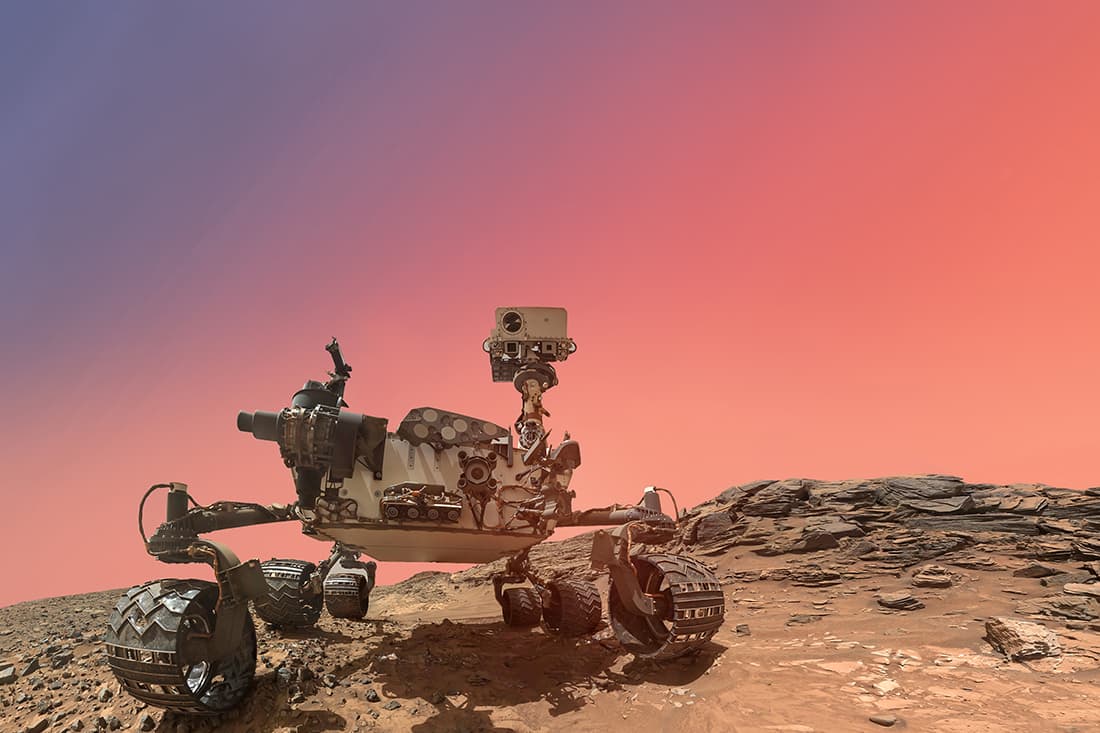Workshop overview
|
Year level
| 9 to 10 |
|
Capacity
|
16-32 students. If you want to bring more students, email highschool.workshops@qut.edu.au |
|
When
|
School days: Monday to Friday |
|
Duration
|
Half day
|
|
Where
|
QUT Gardens Point, Science and Engineering Centre
|
|
Cost
|
Free (late cancellation fees apply. See terms and conditions.) |
Workshop details
It’s a question as old as humanity itself – are we alone? The quest to discover other lifeforms beyond planet earth has given rise to the multi-disciplinary field of Astrobiology - the study of the origin, evolution, and distribution of life in the universe.
In this half day workshop students will discover why understanding life on earth is the first step to finding life on other planets and moons. They will learn about biosignatures, and how techniques such as mineralogy, petrography, and geochemistry can be used to find them.
Students will learn about habitability; they’ll research the inhospitable environments of extremophiles on earth, and whether other planets might have similar conditions which could harbour life.
Finally, students will be introduced to NASA’s perseverance rover, and it’s mission on Mars looking for life.


